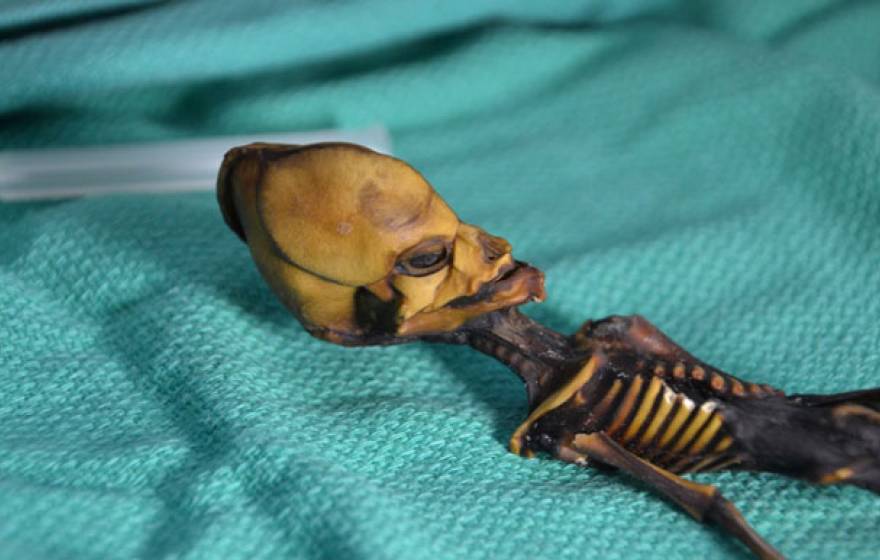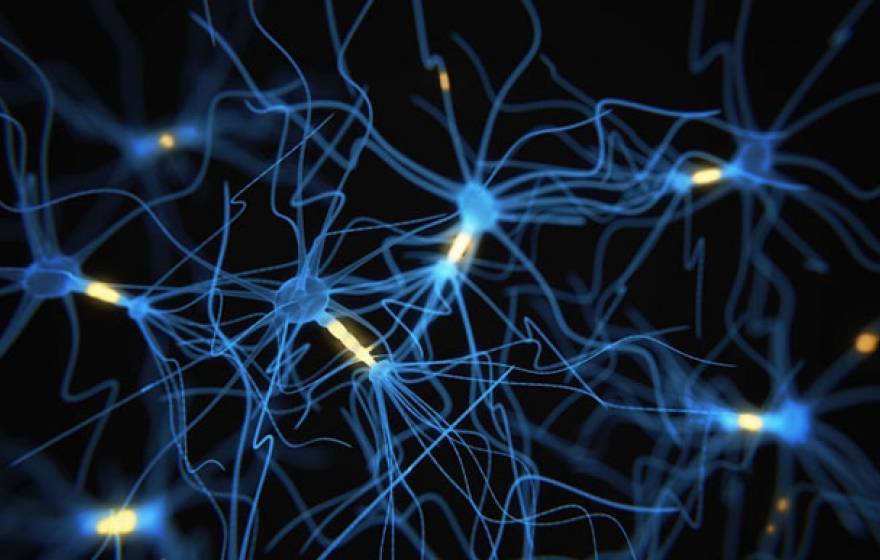If restaurants and retail can test new concepts with minimal investment, why not medicine?
Poor grades are tied to mismatched class times, study says
Being a night owl is not an “excuse” — how we learn is affected by our biological rhythms.
Helping OCD patients find treatment that works
Brain imaging data may help doctors spot who might benefit the most from cognitive behavioral therapy.
Once-mysterious ‘Atacama Skeleton’ illuminates genetics of bone disease
UCSF researchers sequence the genome of the ‘Atacama skeleton’ and discover new mutations.
The tech declared ‘coolest’ at SXSW
Katia Vega's tattoos, in which biosensors replace ink, earn the “Sci-fi No Longer” award.
New test can diagnose a heart attack within an hour
The improved diagnostic tool can detect heart attacks faster, and has already saved lives.
How UC faced down a global pandemic
UCLA and UCSF doctors fought HIV from its earliest beginnings. Now, they are beginning to speak of a cure.
Cognitive benefits of 'young blood' linked to brain protein in mice
Infusing old mice with the blood of younger mice leads to brain rejuvenation. UCSF researchers may now have figured out how.
Wearables could catch heart problems that elude your doctor
Smart watches can detect irregular heartbeats with startling accuracy. Can they predict heart disease?
Children affected by prenatal drinking more numerous than previously estimated
Findings suggest rates of fetal alcohol spectrum disorders may be similar to autism spectrum disorders.
Could a protein called klotho block dementia and aging?
Dena Dubal wants to stave off neurodegenerative diseases with a novel approach: blocking aging.
Yep, your brain has ‘anxiety’ cells
It's not just your imagination, it's neurology, according to a new study on mice.











